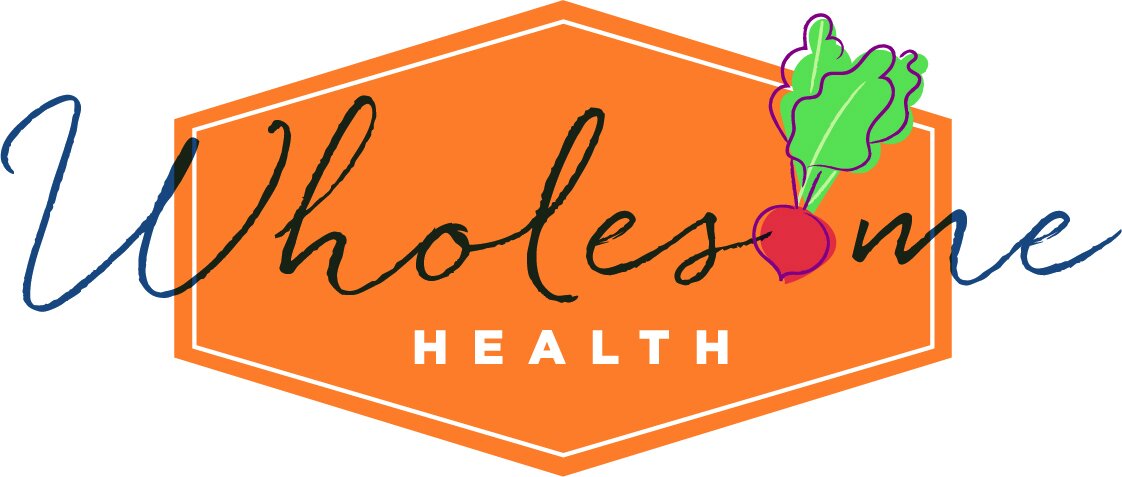Food Aversions in Pregnancy
Unfortunately, food aversions are common in pregnancy. They’re most common in the first trimester, but for some women they will continue for most of their pregnancy. Today I’ll share my best tips for making sure you’re getting the nutrition you need for you and your growing baby even if certain foods like meats or vegetables are the last thing you’d like to eat.
Common food aversions in pregnancy
Some of the most common food aversions in pregnancy include eggs, dairy products, seafood, meat, and poultry. Many women also can’t tolerate spicy or strong-flavored foods. Though it’s not recommended to cut out entire food groups during pregnancy unless you have a food allergy or intolerance, there are ways to ensure you are getting the nutrients you and your baby need without some of the above foods in your diet.
Aversion to meat, poultry, and seafood
Meat, poultry, and seafood are often considered the primary protein sources in the diet. Though these are excellent sources of protein, it is entirely possible to get enough protein without consuming these foods. To many pregnant women, these foods don’t sound good and that’s okay because there are several other ways to consume the recommended 71 grams of protein per day. Other good sources of protein that come from animals include dairy products (milk, cheese, and yogurt) and eggs. Non-animal protein sources include tofu, beans, lentils, nuts, seeds, and nut butter.
Here is a sample menu that avoids meat, poultry, and seafood, but still results in an intake of 79 grams of protein for the day:
Breakfast - 2 eggs + 1 slice whole grain toast with 1/4 mashed avocado (19 grams protein)
Lunch - 1 cup cooked quinoa + 1/2 cup cooked black beans + 1 cup broccoli roasted in avocado oil (19 grams protein)
Snack - 1/2 cup cottage cheese + 1 cup melon (10 grams protein)
Dinner - 1/2 cup tofu + small baked sweet potato + green salad (23 grams protein)
Snack - apple + 2 tbsp peanut butter (8 grams protein)
Aversion to dairy
I personally have been craving dairy while pregnant, but many women find the opposite to be true. Most dairy is an excellent source of calcium, but if you find that you aren’t able to tolerate much dairy, there are plenty of non-dairy sources of calcium in the diet. Women need 1,300 mg of calcium per day during pregnancy. The table below shows the amount of calcium provided by non-dairy food sources. Calcium supplements are also an option if needed, but this likely will need to be separate from your prenatal vitamin as most prenatal vitamins don’t contain much, if any, calcium.
| Food | Amount of Calcium | |
|---|---|---|
| Canned fish | 3 oz sardines | 324 mg |
| 3 oz salmon | 168 mg | |
| Soy products | 3 oz tofu | 150 mg |
| 1 cup edamame | 96 mg | |
| Nuts and seeds | 1 cup cooked amaranth | 116 mg |
| 1/4 cup almonds | 92 mg | |
| 1 tbsp chia seeds | 67 mg | |
| 1 tbsp tahini | 64 mg | |
| Vegetables | 1/2 cup white beans | 96 mg |
| 1 cup raw collard greens | 84 mg | |
| 1 cup raw bok choy | 74 mg | |
| 1 cup raw kale | 52 mg | |
| 1 cup raw broccoli | 35 mg |
Aversion to eggs
Eggs are another common food aversion in pregnancy. Eggs provide us with healthy fats and protein, as well as an important nutrient called choline. It is recommended that pregnant women consume 450 mg of choline per day. Choline is found in a few foods, but eggs are the best source, containing around 147 mg choline per egg. Non-egg sources of choline include fatty fish (salmon, tuna, cod), shitaake mushrooms, soybeans, beef, chicken, and turkey.
Aversion to vegetables
I personally was not a fan of most cooked vegetables in the first trimester. If this is the case, sticking to raw vegetables may be the best way to get your daily veggies in. However, if even raw veggies don’t sound appealing, you can try to hide veggies in foods that sound a bit better. For example, blend spinach into a fruit smoothie or puree pasta sauce so that you can’t tell it contains carrots, onions, zucchini, or other vegetables.
Though food aversions are common in pregnancy, there are several alternative ways to ensure you and your baby are getting the nutrients you need. Try eating non-meat proteins, like cheese and nuts, or try non-dairy alternatives to get in the calcium you need. For more information on healthy eating during pregnancy, check out this past blog post.




